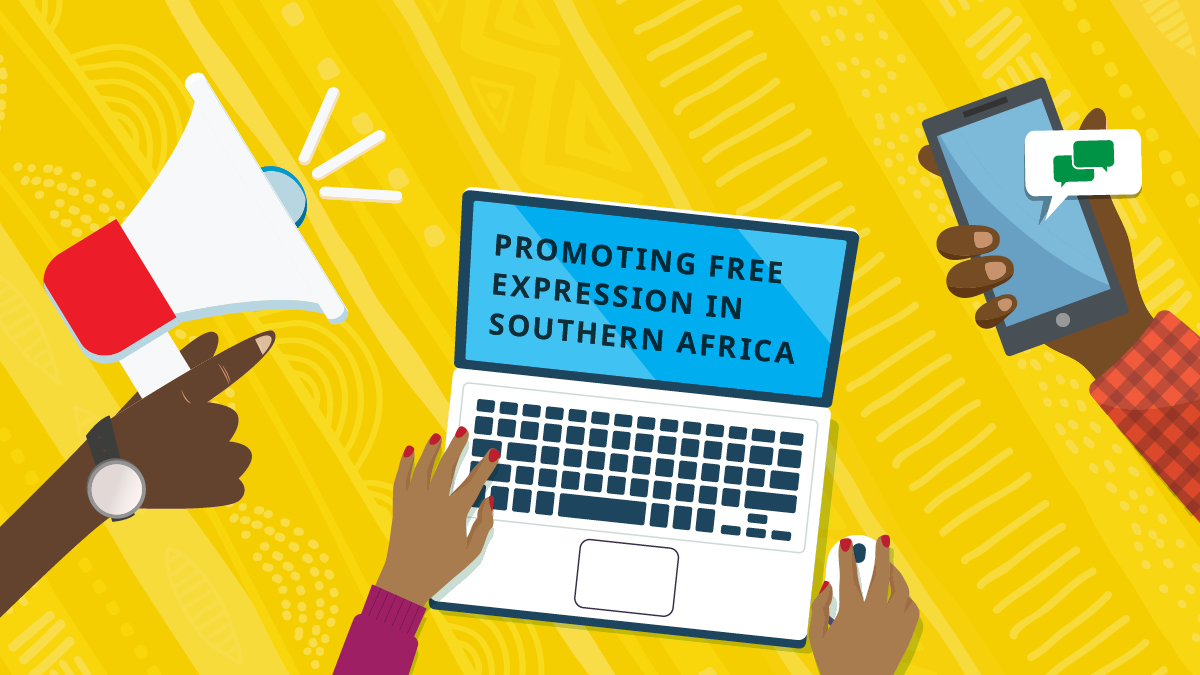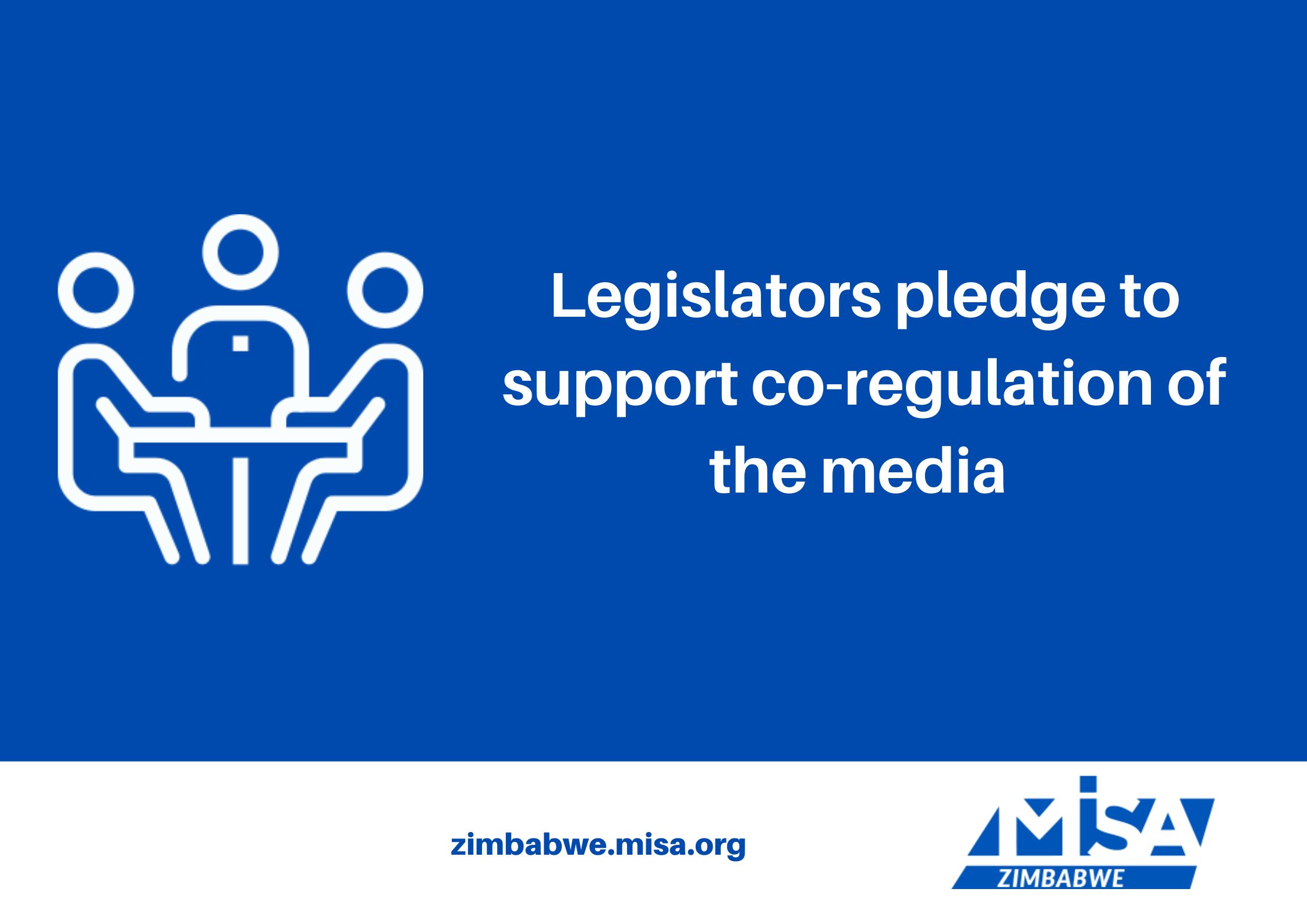Mrs Virginia Mabiza
Secretary of the Commission of Inquiry on Post-Election Violence
Harare
17 October 2018
Dear Madam,
Media participation in the Commission of Inquiry’s public hearings
MISA Zimbabwe writes to express concern over the temporary barring of the private media from the Commission’s public hearings from 8.30 a.m. to 1.30 p.m. on Monday 15 October. It is our respectful view that such actions go against the principles of media freedom and access to information as enshrined in Section 61 of the Constitution.
The Commission’s work is a matter of public concern and interest. As such, the Commission must be transparent in its operations. Such transparency cannot be realised in an environment where the Commission or its selected representatives bar or unreasonably restrict the private media, let alone the media in general from covering the Commission’s proceedings.
Such unwarranted restrictions against the private media as happened on Tuesday morning are unjustified because the Commission’s hearings are public in nature. This is not justifiable in a constitutional democracy such as Zimbabwe.
It is acknowledged that the Commission of Inquiry may, in terms of Section 9 of the Commissions of Inquiry Act, exclude a person or persons from participating in the Commission’s proceedings. However, such exclusion must be reasonable and justifiable in an open democracy.
MISA Zimbabwe takes this opportunity to discourage the Commission of Inquiry from discriminating against any sections of the media. Such discrimination will undermine the Commission’s legitimacy and restrict public participation in the Commission’s work. Rightly used, the media can play a pivotal role in raising awareness and spreading information about the Commission’s investigations and processes.
It is also necessary for the Commission to ensure that its communications are transmitted in Zimbabwe’s various languages to ensure that such information is easily accessed and understood by the country’s diverse population.
Yours Sincerely,
MISA National Board Chairperson
cc: The Minister of Information, Publicity and Broadcasting Services
The Minister of Justice, Legal and Parliamentary Affairs
Chairperson of the Zimbabwe Human Rights Commission













